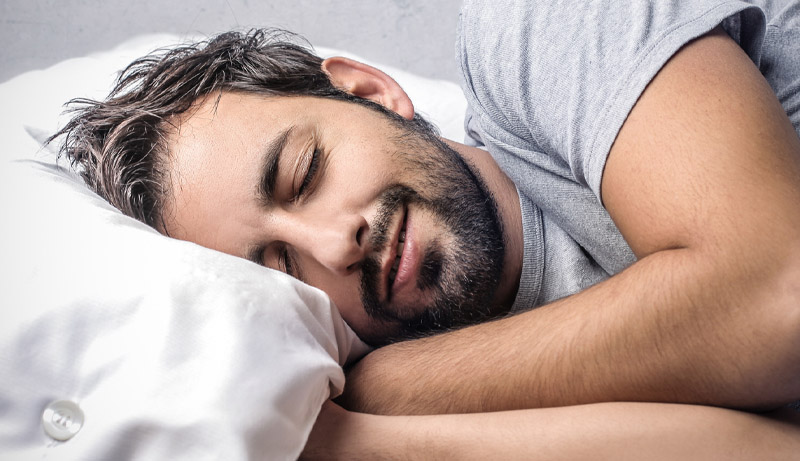
Getting the proper amount of sleep helps boost the immune system and should be an important part of your daily routine, along with a healthy diet and exercise. For most adults, the amount of sleep needed for best health is 7-8 hours each night.
According to Shore Sleep and Balance Clinical Education Specialist Barbara Krier, a good night’s sleep is essential not only for our physical health but for our mental and emotional health as well.
Krier explains, “Improper sleep has demonstrated links to depression, anxiety, bipolar disorder, and other conditions. Not achieving those hours of sleep may lead to sleep deprivation. Sleep deprivation, including Obstructive Sleep Apnea (OSA), can be linked to excessive daytime sleepiness which can have a negative impact on our physical health.”
OSA Can Make the Body “Unhappy”
Obstructive Sleep Apnea (OSA) is a sleep disorder that results in repetitive drops in oxygen levels during sleep. This occurs due to a collapse of the throat muscles, restricting breathing and reducing oxygen intake as a direct result of recurring episodes of airway obstruction. A body chronically deprived of oxygen as a result of OSA becomes “unhappy.” In fact, a 2017 published study found that those with sleep apnea had:
- 4 times increased odds of depression
- 3 times increased odds of suicidal thoughts
- 4 times increased odds of anxiety
- 3 times increased odds of severe psychological stress.
The Cycle
According to Krier, sleep apnea can lead to a cycle of behavioral and physical health illnesses that can be difficult to break. OSA leads to chronic stress, which causes the body to increase production of Cortisol, widely known as a stress hormone. Higher-than-normal or lower-than-normal cortisol levels can be harmful to your health. The increased production can then lead to mood change and brain fog, and physically it can lead to inflammation of the body. The cycle continues to depression, and a decrease in serotonin, a chemical that nerve cells produce to help with healing, digestion, and sexual function. The final step in the cycle is decreased muscle tone, and then it starts all over again with sleep apnea.
Behavioral Health’s Link to Sleep Disorders
Additional common behavioral health illnesses linked to sleep disorders include schizophrenia, ADHD, seasonal affective disorder, bipolar disorder and autism spectrum disorder. Both sleep and mental health are complex issues affected by a multitude of factors, but given their close association, there is strong reason to believe that improving sleep can have a beneficial impact on mental health and can be a part of treating many psychiatric disorders.
If you are suffering from any behavioral health issue, Krier recommends that you speak with your Primary Care Provider, Behavioral Health Provider, or Sleep Specialist to find if sleep testing or other therapy is appropriate.
For more information, including a screening tool for OSA, visit Shore’s Center for Sleep Medicine.










